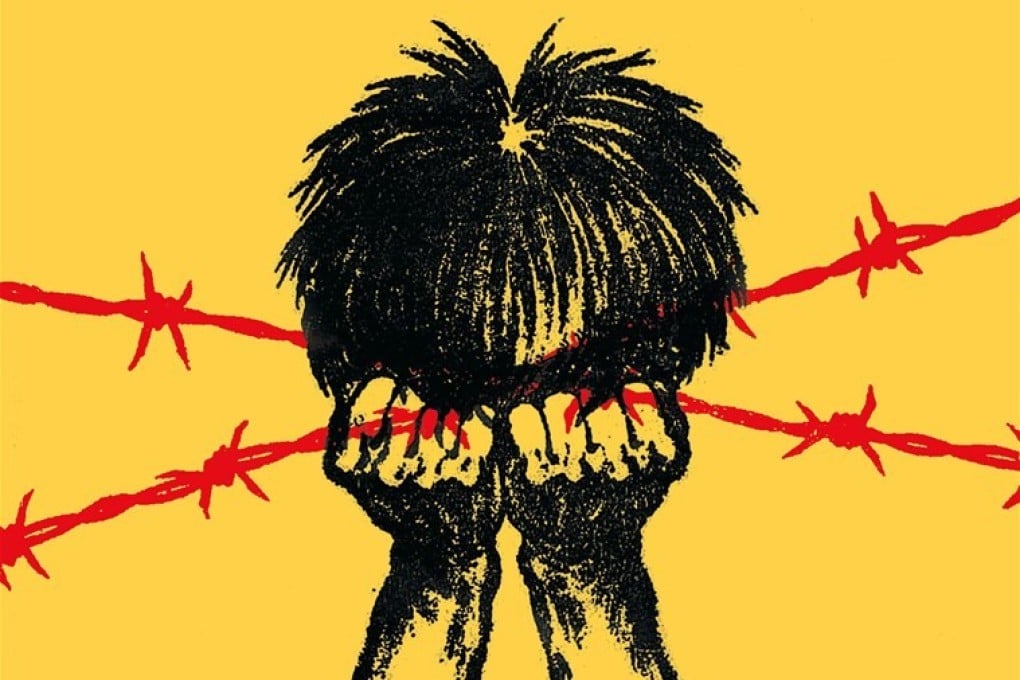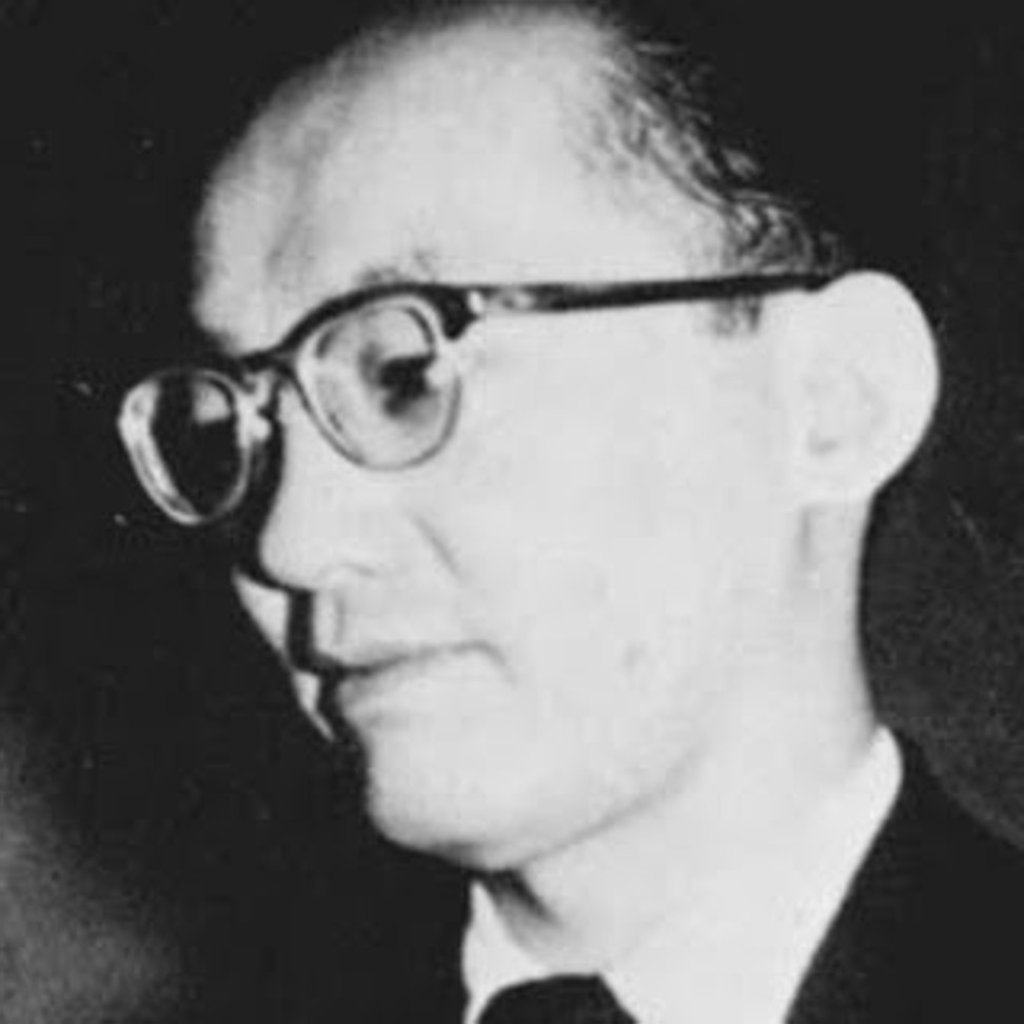Classic Japanese-American novel No-No Boy caught up in copyright dispute
- A new edition of the novel was published by Penguin Classics in May. Company says the book is in the public domain in the US
- However, a University of Washington professor says the book is still under copyright and Penguin has disregarded its legacy

Widely recognised as the first Japanese-American novel, John Okada’s No-No Boy, about a Japanese-American man struggling to find his place in the United States and in his community in the years after the second world war, is a historic work of literature. But the book wasn’t always celebrated.
A new edition of No-No Boy, published by Penguin Classics in May in honour of Asian-American and Pacific Islander Heritage Month in the US, has recently brought the book’s complicated publication history into the spotlight and has raised questions regarding its ownership.
On May 31, University of Washington professor Shawn Wong took to Facebook to call out the publisher in a post that claimed he helped register the copyright of No-No Boy on behalf of Okada’s widow, Dorothy Okada, when publishing a 1976 edition of the novel. The post included a photo of the US copyright.
Penguin says according to its research, No-No Boy is in the public domain in the US.

“We fully investigate the copyright status of any work that is going into our classics programme,” says Penguin spokesman Yuki Hirose. “According to US Copyright Office records, the 1957 edition was never registered and therefore is not afforded copyright protection in the US.”